Go to sleep!
A Clean Mind is a Terrible Thing To Fill with Waste
Why don’t we respect sleep? If we spend one-third of our time doing any specific activity, the world would say that we shouldn’t devote eight hours a day to anything. Except sleeping. And still, sleeping is often undervalued by humans. We praise each other for getting less sleep and doing more work. Or getting up ultra-early to exercise. Or staying up late to celebrate life. But the reality is, nothing in your life is more important than the time you spend horizontal and humming along on the R.E.M. (rapid eye movement) rhythm that rebuilds our bodies and refreshes the brain. Still, we treat sleep as optional almost.
While “somniphobia” is the term for fear of falling asleep, it appears most humans are more fearful of missing out on life. There’s no other excuse for the lack of respect we have for what most of us see as one of life’s most simple (and free) pleasures. For instance, in 1964, a high school student went 264.4 hours without sleep, just over 11 days. He was celebrated and took home first place in the 10th Annual Great San Diego Science Fair, then probably died. Just kidding, but no one has tried to break that record since, thank Hypnos, the Greek god of sleep. Missing out on sleep is brutal for concentration, mood, and, most importantly, health.
Sleep deprivation leaves your brain and body exhausted, but it goes well beyond that it negatively affects your mental abilities and emotional state. We become more impatient and prone to wild mood swings. Go without sleep long enough and expect impulsive behavior, anxiety, depression, paranoia, and even suicidal thoughts. Want more? When we lose an hour of sleep to daylight saving, fatal heart attacks increase. When we flip back, heart attacks lower. One hour makes a big difference. Imagine what 11 days does.
It used to be that grocery stores, gyms, and malls were closed by dinner time. Now we stay open all night for the sake of convenience. While we are recommended seven to nine hours of sleep each night—or even daytime if you do shift work—at least half of Americans sleep on much less, which comes with side effects. Time Magazine reports that almost “40% of adults have nodded off unintentionally during the day in the past month, and 5% have done so while driving.” At the very least, it’s disruptive. Work and school suffer. So do relationships. So why do humans subscribe to the tired (pun intended) cliché, “I’ll sleep when I am dead”?
To explore it further, we must understand why sleep is so important. It begins in our overtaxed brains. Slumber is not when our gray matter checks out of the grid but rather plugs back into it. Drowning in toxins from spent molecules, a daytime brain only degrades with each passing hour. When night falls and our eyes shut, we go into full repair mode.
All organs create waste. Most get rid of it—or break it down—on their own. They employ a network of vessels known as the lymph system to do that. Our brains use massive amounts of energy and also make a lot of garbage. The problem is the brain has no lymph vessels. So, how does it get rid of its trash? It sends it to the great, gross filter of the human body—the liver. For this to happen, the brain needs idle time, for lack of a better term. While you dream, the brain dumps. Don’t worry; it’s capable of so much more than two tasks at once.
While asleep, brain cells shrink and allow all the fluids to move around that big, wet organ in your head. This is crucial, as it acts like an internal car wash. When awake, that washing operates at about 15%. Brain cells that don’t sleep—or are awash in your brain’s refuse—collapse. And once they die, they’re gone forever. What is disturbing is that, while this happens naturally from aging, it happens similarly to a young brain that doesn’t sleep. Youth who sleep very little have MRIs that look like much older people. Chronic sleep deprivation is a helluva drug. There is even evidence suggesting that lack of sleep may facilitate Alzheimer’s development. When proteins aren’t washed away regularly, they build up and burden our brains.
So, what to do? The answer is easy—go to sleep. The practice, though, is more complex. We live an energetic existence that our bodies and brains have not caught up to. The result is the same anxieties and stimuli that keep us up at night. Sleeping pills and aids like melatonin only work on one part of the brain, so they don’t fix the problem, but they can help you get to sleep. Exercise, as always, is a good answer. So is staying away from alcohol or large dinner servings. Fight FOMO with a good night routine that rewards you for staying in or at least promotes coming home before midnight. If you can’t sleep at night, try a daytime nod. Naps are normal, so don’t feel the shame we place on them in North America. A nap of 20-30 minutes is even recommended for short-term alertness. Embrace the nap for a mid-day boost. Even if you don’t feel you deserve it, your poor, dirty, garbage brain does.
Overall, start shifting your attitude away from sleep being a chore your parents told you to complete to a pleasurable and rewarding act of self-care. It won’t take long before your body shows you how much it can do when the batteries are charged and the garbage has been taken out.
Pleio lives by the motto: be human, be kind, be you – and today we advise you to be kind to your poor, dirty, garbage brain and GET SOME SLEEP!



